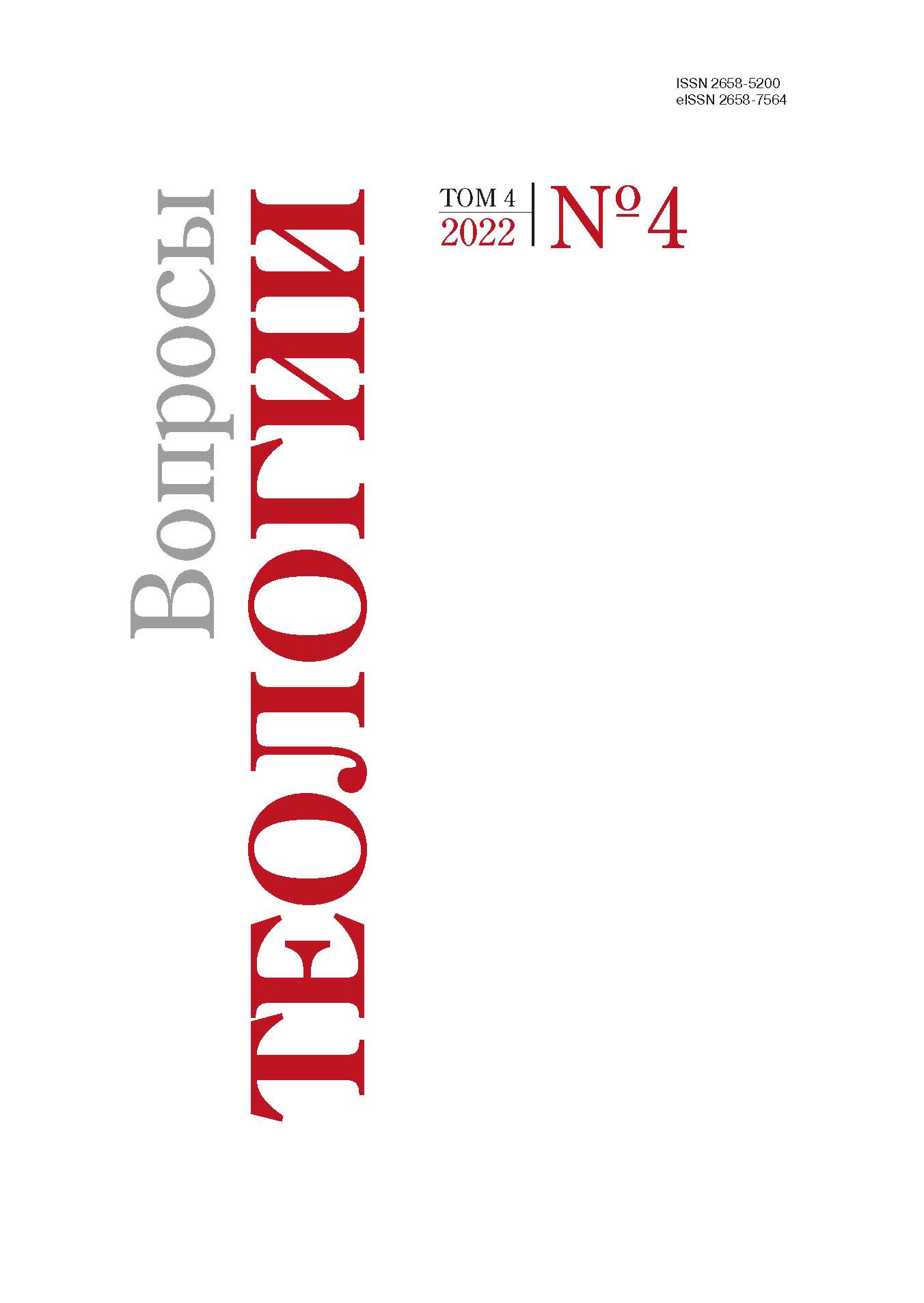Severus of Antioch and Cyril of Alexandria: The question of the continuity of logical and ontological conceptual structure
DOI:
https://doi.org/10.21638/spbu28.2022.401Abstract
The paper is devoted to the transformation of the structure of the logical-ontological concepts of the doctrine of Cyril of Alexandria in the treatise of Severus of Antioch “Against the wicked Grammarian”. The question is raised about the sources of Severus’ teaching about the general and particular and the hypothesis is put forward about the existence of such a teaching in Cyril of Alexandria. A selective comparison of the quotations from Cyril of Alexandria quoted by Severus of Antioch and the interpretations of the data proposed by Severus is carried out. On the basis of this, five points are proposed in which, as Sevier believed, he follows the bishop of Alexandria. It is concluded that the key problematic point, according to which Severus could not clearly demonstrate his dependence on Cyril of Alexandria, is the interpretation of the concepts of “genus” and “species” in relation to the common (deity and humanity). The analysis of those passages from the writings of Cyril of Alexandria, in which both of these terms are used, is carried out. It is concluded that for Cyril of Alexandria, “genus and species” were a formula for describing an undifferentiated common, and even where genus and species are opposed, “genus” corresponds to an undifferentiated common, and “species” practically coincides with hypostasis. On this basis, the conclusion is made about the continuity of the logical-ontological model of Cyril of Alexandria in the works of Severus of Antioch, which, however, does not mean the continuity of the Christological model.
Keywords:
Severus of Antioch, Cyril of Alexandria, nature, essence, hypostasis, genus and species
Downloads
References
References
Downloads
Published
Issue
Section
License
Articles of "Issues of Theology" are open access distributed under the terms of the License Agreement with Saint Petersburg State University, which permits to the authors unrestricted distribution and self-archiving free of charge.




